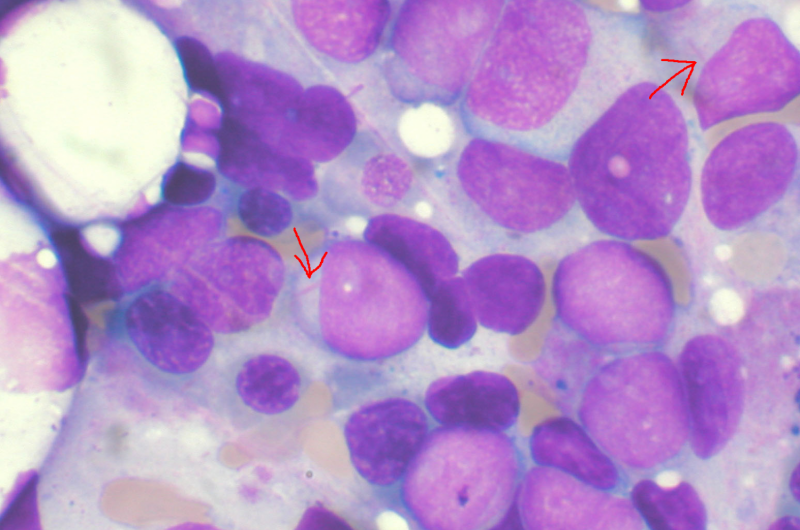AI-Enhanced Model Improves Prediction of Knee Osteoarthritis Worsening

An AI-powered model combining MRI, biochemical, and clinical data shows promise in accurately predicting the progression of knee osteoarthritis, paving the way for personalized treatment strategies.
Researchers have developed an innovative AI-assisted predictive model aimed at better forecasting the progression of knee osteoarthritis (OA). This model integrates multiple data sources, including MRI scans, biochemical markers, and clinical assessments, to improve the accuracy of predicting disease worsening within a two-year period. The study was conducted by Ting Wang and colleagues from Chongqing Medical University, and published in PLOS Medicine.
Knee osteoarthritis involves the gradual deterioration of cartilage in the joint, leading to pain, stiffness, and mobility challenges, affecting over 300 million people worldwide. Often, the progression of OA results in the need for total knee replacement surgery. Early and accurate prediction of disease progression can facilitate timely intervention, potentially slowing disease advancement and enhancing patient quality of life.
Previous research suggested that combining various types of patient data could improve prediction models, but comprehensive integration of MRI, biochemical markers, and clinical data was rarely reported. To address this gap, Wang et al. analyzed data from 594 individuals enrolled in the Foundation of the NIH Osteoarthritis Biomarkers Consortium, which included biochemical test results, clinical data, and over 1,750 knee MRI scans collected over two years.
Using artificial intelligence techniques, the researchers developed a model called LBTRBC-M (Load-Bearing Tissue Radiomic plus Biochemical biomarker and Clinical variable Model) based on half of the dataset. The model's performance was validated on the remaining data, demonstrating its effectiveness in predicting whether patients would experience increased pain, joint space narrowing, or no significant change in the near future.
The study also explored the model's practical application by having seven resident physicians use it to assist their predictions. The AI tool improved their predictive accuracy from approximately 47% to over 65%, underscoring its potential as a clinical support tool.
Prof. Changhai Ding highlighted that this research marks a step forward in utilizing artificial intelligence to extract meaningful and complex signals from various patient data types, which could lead to more personalized and timely treatments for knee OA. However, further refinement and validation of the model across diverse patient populations are necessary before widespread implementation.
Overall, this study demonstrates that integrating deep learning with longitudinal imaging and biomarker data can significantly enhance our ability to predict osteoarthritis progression, potentially enabling earlier and more tailored therapeutic approaches.
Stay Updated with Mia's Feed
Get the latest health & wellness insights delivered straight to your inbox.
Related Articles
Shane Warne's Legacy Prompts Nationwide Heart Risk Screening, Revealing Concerning Results
A comprehensive COVID-19 screening initiative in Australia, dedicated to Shane Warne, reveals nearly 70% of participants face at least one uncontrolled heart disease risk factor, highlighting the urgent need for accessible preventative healthcare.
Innovative Research Seeks Clues to Autoimmune Disease Affecting Bile Ducts
New research investigates the immune mechanisms behind primary biliary cholangitis, a severe autoimmune disease that damages the bile duct network, with implications for understanding autoimmune diseases and gender disparities.
New Surface Protein Mechanism Identified in Leukemia Cells to Evade Immune System
Lund University researchers have identified a surface protein, SLAMF6, that helps leukemia cells evade immune detection. Blocking this protein may lead to new targeted therapies for resistant AML.
Experts Call for Ban on Commercial Sunbeds in the UK to Combat Skin Cancer Risk
Experts urge the UK to ban commercial sunbeds due to their significant contribution to skin cancer, especially among youth. Despite existing laws, many young people still access these devices, highlighting the need for a comprehensive ban and public education.



